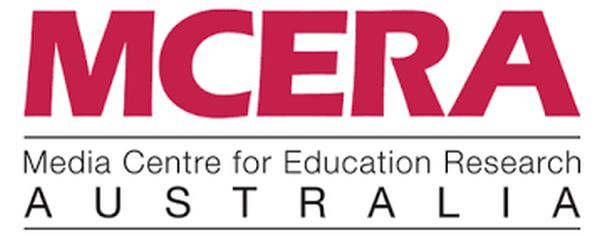Teacher Burnout Absent in Global Policy Gap - Media Centre for Education Research Australia
MEDIA RELEASE: Teacher Burnout Absent in Global Policy Gap
- Teachers are under intense pressure fuelled by scrutiny in the media, leading to a rise in wellbeing issues amongst principals, educators and students.
- Trend has been exacerbated since the COVID-19 pandemic, impacting mental health and causing burnout.
- In Australia, lack of social support and rising violence against educators are major issues.
An investigation into professional teaching standards across Australia, Canada, the United Kingdom, and the United States has found that teacher burnout as a result of a lack of support is costing billions globally.
As newly published research led by Professor Susan Ledger at the University of Newcastle shows, while professional standards prioritise student wellbeing, the welfare of teachers is often left unaccounted for.
Professor Ledger emphasises that teacher wellbeing is not just important - but essential - explaining that professional standards must evolve to explicitly include the mental health and resilience of educators, rather than just focusing on outcomes.
"When the emphasis is solely on meeting benchmarks, teachers feel like they are merely fulfilling quotas instead of being supported in their development."
"Current policies worldwide fail to address this critical issue. Without urgent reforms, educators will continue to face stress and burnout, significantly impacting students.
“The scale of stress and burnout is staggering – In the UK, teachers’ suicide rates are nearly double the national average.
Described as a 'state of physical, emotional, and mental exhaustion caused by prolonged stress, marked by feelings of detachment and overwhelming fatigue. Prof. Ledger says burnout is "completely incompatible with quality teaching".
“Burnout doesn’t just affect teachers' work; it affects their entire lives," she said.
"When teachers suffer, their students do too. Teacher stress spreads rapidly to students.”
Professor Ledger highlights that teaching standards are crucial for ensuring quality and shaping what is valued in the profession.
“Teaching standards are designed to ensure quality, but they also determine what is valued within the profession,” she said.
“They set expectations for performance and behaviour, influencing how teachers see their roles.”
She said well-crafted professional standards can enhance credibility, support professional growth, boost confidence, and reduce burnout.
“To improve wellbeing, standards must evolve to explicitly address the mental health and resilience of teachers, not just focus on student outcomes,” she said.
“In the long term, this would be one of the best ways to improve student outcomes.”
For more information or an interview, please contact Professor Susan Ledger at the University of Newcastle at This email address is being protected from spambots. You need JavaScript enabled to view it. or on 0408 080 051.
A copy of this research has been available through MCERA's Publishing Partner, Taylor and Francis. You can access a copy of it here.
MCERA, an independent, not-for-profit organisation, provides a conduit through which education research and researchers are made more accessible to the media to help improve public understanding of key education-related issues. We provide journalists with expert, independent and accessible insights from education researchers and practitioners. Any views expressed by the experts we consult are not necessarily those of MCERA or its staff.
We thank all of our supporters, especially our platinum supporters:
You can find a full list of MCERA’s supporters here. To find out more about supporting our organisation, contact This email address is being protected from spambots. You need JavaScript enabled to view it.







 Print
Print
